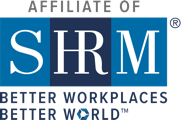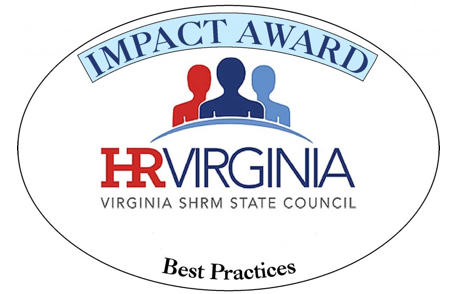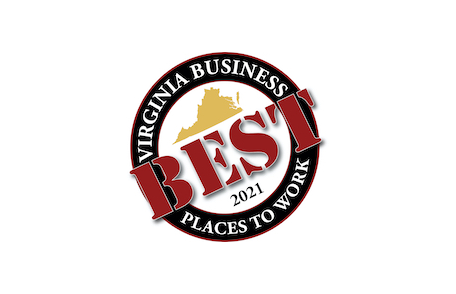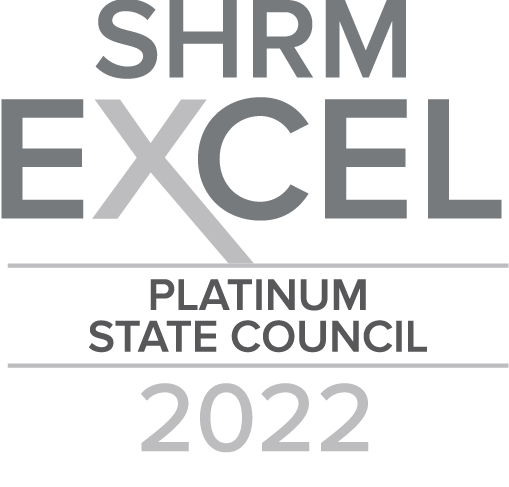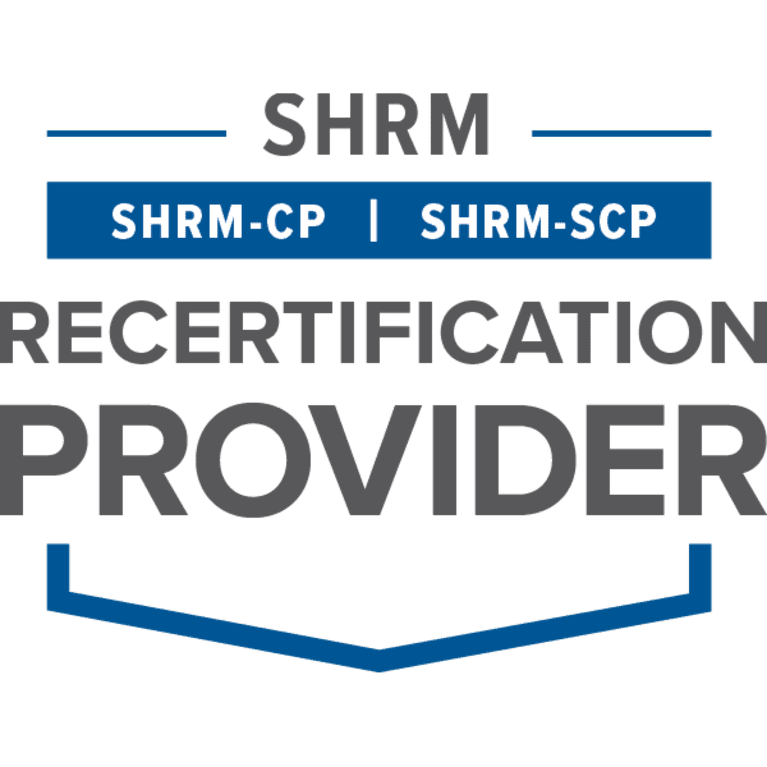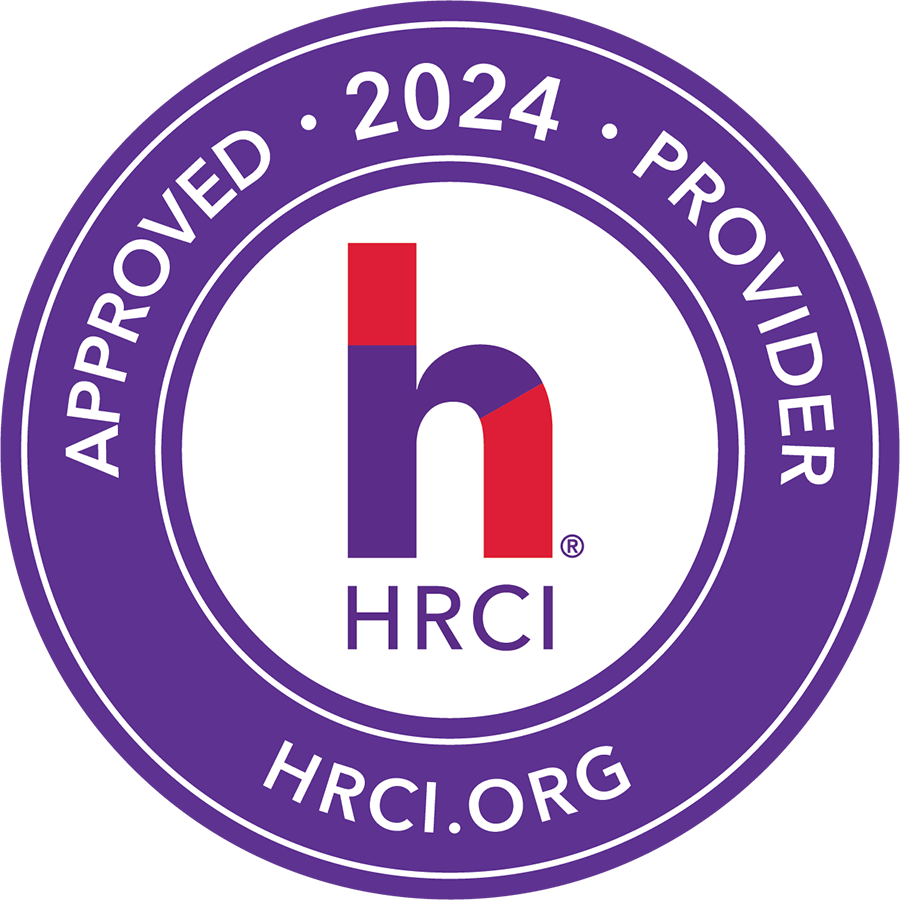DC SHRM July Education Program: Day of Inclusion
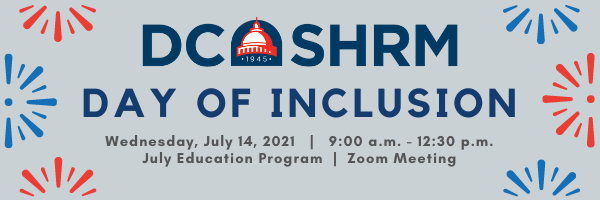
Date/Time
Date(s) - 07/14/2021
9:00 am - 12:30 pm
Categories

RECERTIFICATION CREDIT – This program is approved for 3 hours of SHRM & HRCI recertification credit.
As Diversity, Equity, and Inclusion continue to be at the top of our minds, we have put together a special half day virtual event for our July Education Program—with sessions on keeping your organization up to date on inclusion and accessibility for people with disabilities; and disrupting ageism in the workplace.
See below for details on each session and the content they will cover.
We look forward to seeing you (virtually) on July 14!
CLICK HERE TO REGISTER!
EVENT SCHEDULE
9:00 – 10:00 a.m. Strategies for Inclusion of People Who Are Deaf or Hard of Hearing
10:15 – 11:15 a.m. ADA and Website Accessibility
11:30 – 12:30 p.m. We Are All Aging: Disrupting Ageism in the Workplace
SESSION DETAILS
Strategies for Inclusion of People Who Are Deaf or Hard of Hearing
Presented by: Ashley Martin – Trial Attorney , U.S. Equal Employment Opportunity Commission, Washington Field Office
Eileen McCartin – Executive Director , Northern Virginia Resource Center for Deaf & Hard of Hearing Persons
Debbie Jones – Resource & Technology Manager, Northern Virginia Resource Center for Deaf & Hard of Hearing Persons
This session will provide insights into the challenges and experiences of people who are deaf or hard of hearing and how employers can best promote an inclusive and equitable workplace. The speakers will provide insights into the methods of communication utilized by members of the deaf and hard of hearing community, and how best to promote effective communication within the workplace. The session will also address challenges faced by the deaf and hard of hearing community, including feelings of exclusion and isolation, and how employers can best address these challenges and create an inclusive environment.
The session will also address the legal responsibilities of employers under the Americans with Disabilities Act and how they apply to applicants and employees who are deaf or hard of hearing, including the prohibition against discrimination and the obligation to provide reasonable accommodations if they do not cause an undue hardship on the employer. This includes issues such as whether an employer can lawfully ask a deaf employee how s/he could perform a particular job, how to address performance issues that may be caused by a hearing impairment, the types of accommodations that deaf or hard of hearing employees may need, and how employers can address safety concerns. The session will also include examples of cases that address these important issues and provide guidance on best practices for employers.
Learning Objectives:
- Develop a deeper understanding of the unique perspectives and challenges experienced by members of the deaf and hard of hearing community.
- Learn strategies for promoting inclusion in daily interactions within the workplace with respect to members of the deaf and hard of hearing community.
- Learn about the application of the Americans with Disabilities Act to members of the deaf and hard of hearing community.
ADA and Website Accessibility
Presented by: Kim Greenfield Alfonso, MBA – Chief Executive Officer, Results One, LLC
Due to COVID-19, many people are relying on digital services for everyday activities, including shopping, remote work, education, healthcare, and banking, and people with disabilities need these services more than ever before. You are missing out on 26% of the population who are people with disabilities. As a result, lawsuits are increasing significantly as many courts agree that website accessibility is the law under the ADA.
As you may know, Title III of the Americans with Disabilities Act (ADA) requires that every owner, lessor, or operator of a “place of public accommodation” provide equal access to users who meet ADA standards for disability; this is being interpreted to include websites as “places of public accommodation. “Yes, website ADA compliance is required by law; but like stopping at a stop sign or buckling your seatbelt; it’s also the right and responsible thing to do.
Additionally, the Online Accessibility Act was introduced on October 2nd in the House that will require all private and public consumer-facing websites to be in conformance/compliance with WCAG 2.1 AA. By making your website accessible, you ensure that all your potential users, including people with disabilities, have a decent user experience and can easily access your information. By implementing accessibility best practices, you are also improving the usability of the site for all users.
Learning Objectives:
- Promotes the benefits of a diverse and inclusive workforce by ensuring your website, mobile apps, pdfs are accessible to all employees.
- Promotes inclusion in daily interactions within your workplace by ensuring your website, mobile apps, pdfs are accessible to all employees.
- Learn about the importance and legality of Title III of the ADA and Website Accessibility.
We Are All Aging: Disrupting Ageism in the Workplace
Presented by: Kirsten M. Jacobs, MSW – Senior Director, Shared Learning Initiatives, LeadingAge
Ageism, or discrimination based on age, shows up in the workplace in myriad ways. From subtle language choices in job advertisements, to assumptions about capacity or skills, it can be both overt and covert. We all have an opportunity increase our consciousness around age-based discrimination.
Join us for an exploration of the ways ageism manifests in daily life, how it impacts individual health and wellbeing, and how each of us can take small steps toward disrupting age-based bias.
Learning Objectives:
- Recognize the wide range of manifestations of ageism both individual and institutional—within the context of intersectionality.
- Explore current research on the impact of ageism on individual health and wellbeing and consider the impact on employees.
- Identify concrete steps toward disrupting ageism in the workplace.
REGISTRATION FEES
$45 Members
$75 Nonmembers
CLICK HERE TO REGISTER!
Registration includes access to Zoom webinar and recordings of each session.
Interested in the content, but can’t attend in person? Be sure to register in advance and receive the recordings via email!

